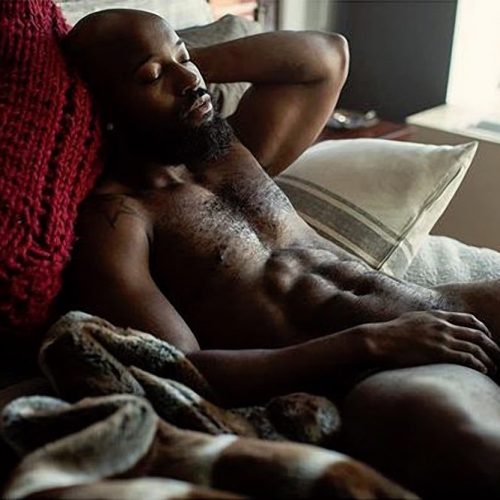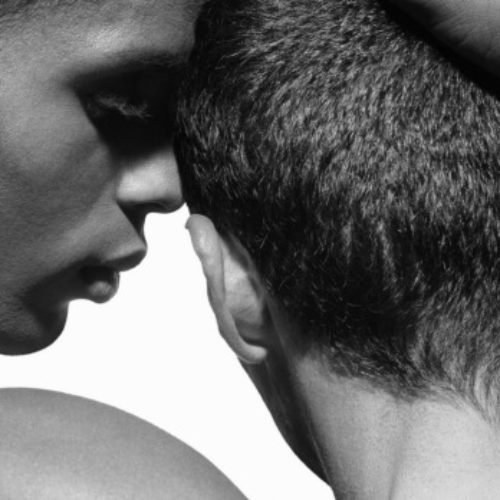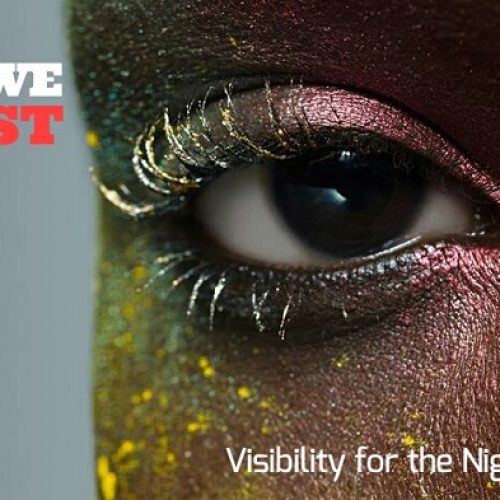Homophobic Rhetoric And Nigeria’s Culture Of Violence (A Piece By Ayo Sogunro)
Sometime in May 2015, in Abuloma, Port Harcourt, a man named Charles was harassed, beaten, and robbed by his neighbourhood security watch. What was his crime? He was perceived to be homosexual. When he reported this incident to the police, he was advised to leave the area if he wanted to avoid future ‘embarrassment’.
In June of that same year, another man, Tare, was abducted by four men in Woji, also in Port Harcourt. The men claimed to be members of the neighbourhood security and they suspected Tare was a gay man. They beat him before releasing him in exchange for the names of other gay men in the neighbourhood. Tare provided them with fake names even though the men had threatened to murder him if he lied. To avoid this threat, Tare had to relocate from the area.
A similar incident occurred in June 2015, this time in Apapa, Lagos. A young man named Caleb was stopped by a group of men on his way back from work. The men wanted to know if Caleb was a man or a woman because, they claimed, he was walking and behaving ‘like a girl’ – whatever this may mean. The men beat Caleb, robbed him, and warned him against ‘walking or acting like a girl’ or risk being attacked again by them. Caleb’s friends and family advised him to move from the area.
These incidents – milder examples of violence against poor or lower middle-class Nigerians who are perceived to be gay, lesbian, or transgender – are documented in annual reports by human rights organisations in Nigeria. In more tragic instances, young men and women have been killed by mobs, random strangers, or even family and acquaintances for their real or perceived sexual orientation (Are you gay? Are you a lesbian?) or gender identity (Why do you walk like a man? Why are you dressed like a girl?).
And so, for many, forced relocation is often the only way to avoid the threat of harm. But forced relocation is not a joke. Already, in Nigeria, there is a growing community of internally displaced young people who, with little or no resources, had to flee communities where people threatened to kill or assault them for their sexuality. And yet, the Nigerian Constitution is clear that: “Every citizen of Nigeria is entitled to move freely throughout Nigeria and to reside in any part thereof, and no citizen of Nigeria shall be expelled from Nigeria or refused entry thereby or exit therefrom.”
But what happens when the people tasked with the protection of these rights are the ones who create unsafe societies? For instance, in January 2019, a Zonal Public Relations Officer for the Nigerian Police, Dolapo Badmos, posted ‘advice’ on her Instagram account warning that ‘if you are homosexually inclined, Nigeria is not a place for you’ and that those who were ‘homosexual in nature’ should ‘leave the country or face prosecution’.
Leave the country.
This is sad at best and horrifying at worst. It is the kind of language that inspires, legitimizes, or perpetuates the kind of violent acts that displaces fellow citizens and turns them into refugees. As the supportive comments on her post show, this is the kind of language that emboldens mob action. It supplies the rationalization for the idea that, somehow, sexual minorities are more intolerable to the community than violence against them.
We have a culture of violence in Nigeria. This is a culture that is detrimental to our general health as a society, and one that should worry any thinking person. There are enough problems that kill Nigerians daily without us needing to create even more. Unfortunately, when it comes to issues of sexuality and gender, rationalization overcomes rationality, and even the most educated people turn to prejudice. But logic does not care about prejudice: a society that continues to justify violence will simply never be safe for everyone. Hate strikes out blindly and indiscriminately.
[This was originally published on ayosogunro.com]
About author
You might also like
To The One That Got Away
“What exactly are we doing?” I asked. “What do you mean?” you replied, the light from your phone reflecting on unsteady eyes. “Don’t be silly, Paul. Is this like a
THIS WAS JUST THE BEGINNING
I wasn’t one of those kids who went to parties and did wild things. How could I when I came from a very Christian background, the General Overseer kind of
#HowIResist Campaign 22
The LGBT community is not a danger. It’s not a threat. They’re not saints and they’re not sinners. They’re a bunch of people no different from you, from everywhere and










2 Comments
Mitch
March 30, 08:41Where is Goodluck Jonathan and his stupid rhetoric of ‘No Nigerian has been a victim of the law I signed’?
Let him come and see proven cases that most Nigerians are mindless beasts, monsters that prey on perceived weakness using idiotic laws as a crutch to support their wickedness.
bamidele
March 30, 12:24This is what I sad before. And this is the reason why Nigeria will always remain like this unless there is a strong structural revolution under a capable leader. It is not just about homosexuality; what I’ve noticed is that in Nigeria, the masses at the bottom are extremely violent against one another and this is the major strength for those are the political and religious top. I include religion, because most Christians and muslims in Nigeria are very violent. This violent arose with illigical reasoning. Whereas political and religious leaders welcome illogical reasoning because most intelligent people canoot become docile followers. It is terrible… The nation needs reform from elementary to adult level.